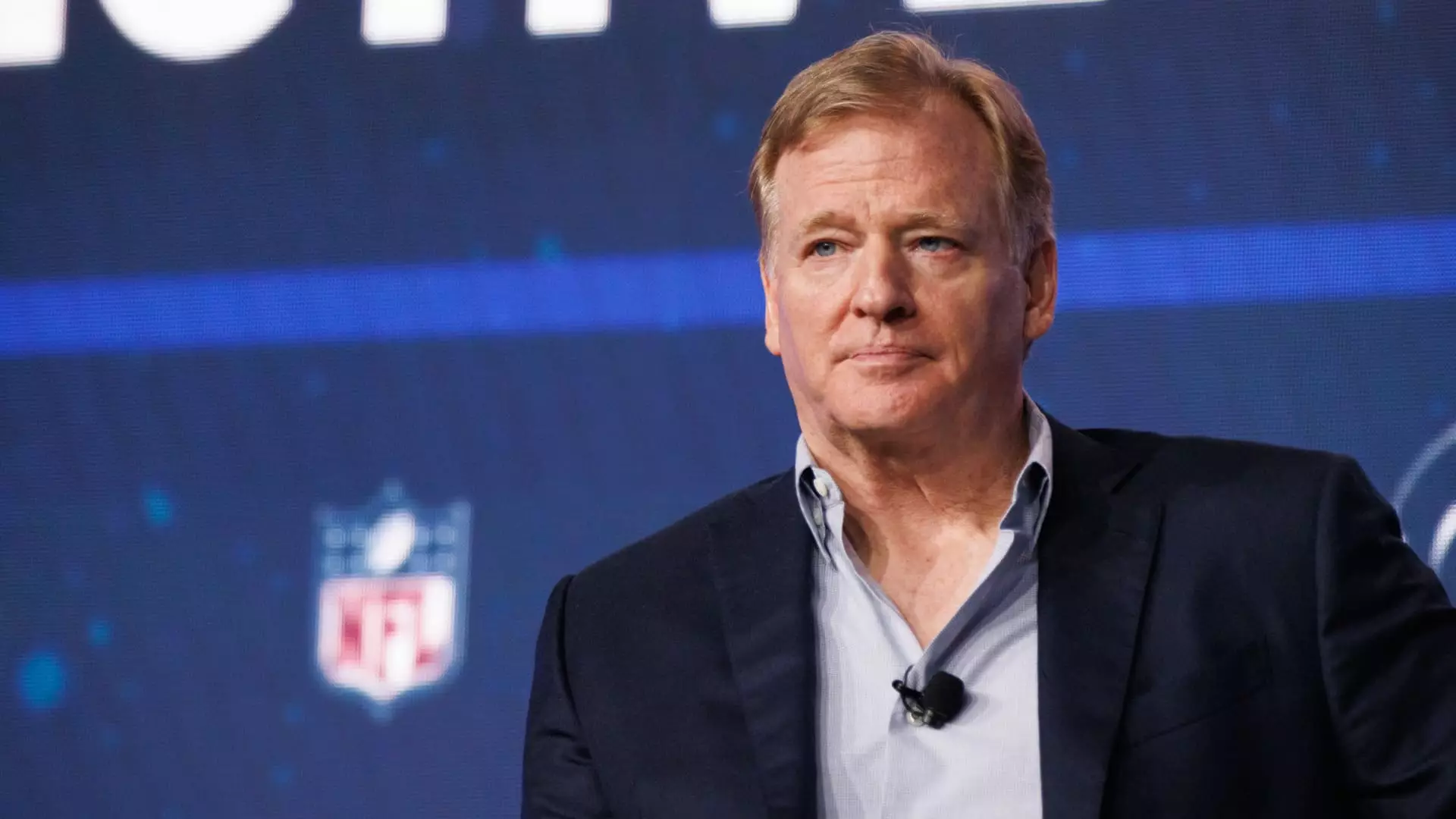The National Football League is exploring the idea of allowing minority private equity ownership for its 32 teams, with a cap of up to 10% ownership stake. This consideration comes at a time when the landscape of sports ownership is evolving, and the NFL wants to ensure that its policies are in line with the changing times. In an interview with CNBC, Commissioner Roger Goodell mentioned that there has been significant interest from private equity firms, and such a move could complement the existing ownership structure of the league.
The NFL is aiming to establish its new ownership policies by the end of the year, with the proposed 10% cap serving as a starting point. Goodell hinted that the league is open to potentially increasing this cap in the future. Unlike other major U.S. sports leagues like the NBA, MLB, NHL, and MLS, which allow private equity ownership of up to 30%, the NFL has traditionally resisted funds from institutional investors, preferring individual or family ownership. However, the escalating valuations of franchises due to lucrative media deals are making team ownership less accessible to a wider pool of potential owners.
One of the main challenges faced by individuals interested in acquiring NFL teams is the requirement for substantial equity investments. This was highlighted by Josh Harris, co-founder of private equity firm Apollo Global Management, who led a group that purchased the Washington Commanders for $6.05 billion in 2023. The exorbitant price tags associated with acquiring NFL franchises make it difficult for all but the wealthiest individuals to enter the ownership circle.
Allowing private equity firms to hold minority stakes in NFL teams could introduce a new dynamic to ownership structures. While such investments may come with financial incentives and strategic considerations, they often involve limited decision-making power for the investors involved. This approach may appeal to private equity investors seeking returns on their assets under management, but it could limit the appeal of owning minority stakes for individuals accustomed to more hands-on involvement in their investments.
In contrast to other major U.S. sports leagues, the National Women’s Soccer League permits private equity firms to take majority control of franchise teams. This willingness to embrace institutional investors reflects a different approach to ownership and highlights the varying attitudes within the world of professional sports. The divergent strategies pursued by different leagues underscore the complexities and considerations involved in structuring ownership arrangements.
Overall, the NFL’s potential decision to allow minority private equity ownership in its teams represents a significant departure from its traditional ownership model. While this shift may open up new avenues for investment and financial partnership, it also raises questions about the balance between financial interests and the core values of sports ownership. As the league navigates these changes, it will be crucial to maintain a delicate equilibrium that preserves the integrity of the game while adapting to the evolving landscape of professional sports ownership.

